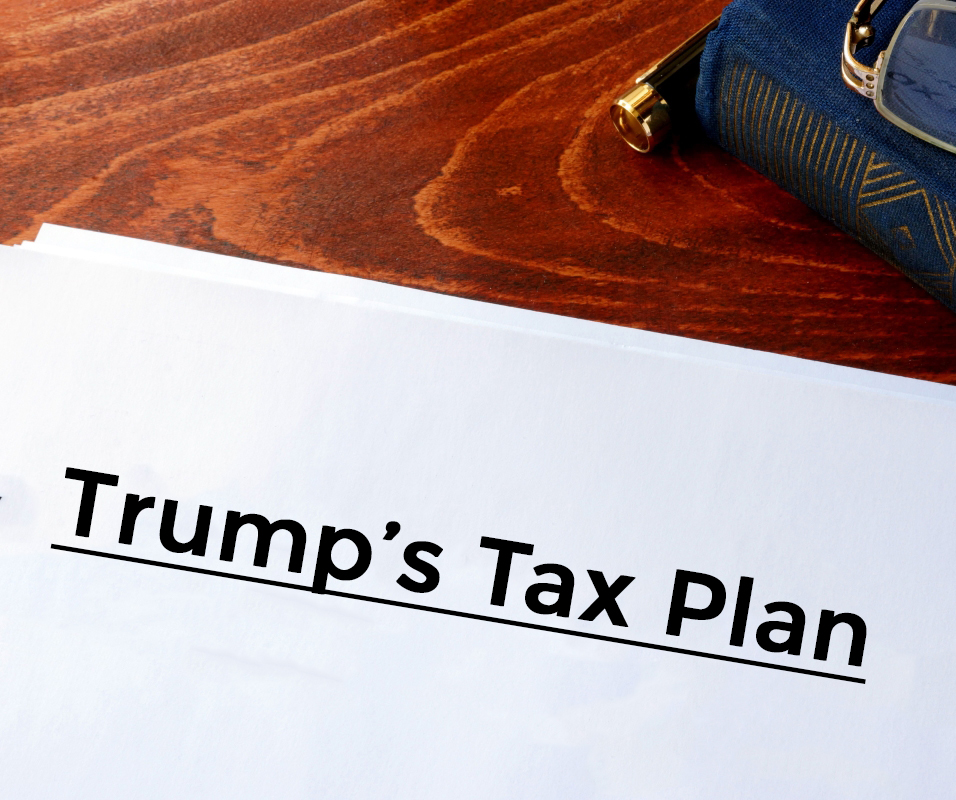5 Ways Trump Tax Plan May Influence Executive Compensation

In April, President Trump officially proposed major changes to the tax code to go into effect in 2018. His proposal includes tax reforms that would reduce marginal tax rates for individuals and businesses. If the legislation passes, here are just a few features of his plan that will effect companies and their compensation programs:
1. Reducing the Number of Income Tax Brackets
Trump’s plan will reduce the number of income tax brackets for individuals from six to four (0%, 12%, 25%, and 33%) and repeal the 3.8% capital gains surtax that currently exists for the highest income bracket.
2. Eliminating Net Investment Income Tax
Under this plan, business owners will have a maximum tax rate of 15%. Currently for individuals, the highest tax rate is 39.6%. However, once you add the net investment income tax (NIIT), that number increases to 43.4%. This means that pass-through entity business owners (a special business structure that is used to already reduce the effects of double taxation) would see a tax cut of 28.4%. C corporations would receive a 20% tax cut and owners receive an additional 3.8% tax cut on dividends because Trump is proposing to eliminate the NIIT.
3. Limiting Executive Compensation Deductions
The plan proposes a $1 million limit on deductions for executive compensation under IRC Section 162(m), but this may not cause much concern because the overall tax rate will reduce the value of the tax deduction.
4. Less Incentive to Defer Taxes
This plan may cause individuals to have less incentive to defer taxes with lower income tax rates in effect. In addition, individuals may choose to accelerate payment of previously deferred amounts. However, such accelerations could be restricted under applicable tax rules (IRC Section 409A).
5. Carried Interest Taxed as Ordinary Income
Carried interest, or profits interest, is an interest in a partnership that gives a holder the right to receive a portion of future profits from said partnership. A profit’s interest holder is taxed annually on the allocable share of partnership income. The tax treatment of that income is the same for the holder as it is for the partnership. Therefore, an individual holder is taxed at the capital gains rate of 20% (rather than the 39.6% maximum ordinary income tax rate). If carried interest becomes subject to ordinary income tax rates, companies would be smart to seek alternative methods of structuring incentive compensation.
There may be alterations as this legislation moves through congress, but you can get ahead of the game now.
Take a careful inventory of your current compensation programs and identify some of the key areas that could be adjusted when changes occur.
If these changes occur, companies will need to reconsider the design of their compensation programs and generate new business solutions. Stay on top of the latest compensation news today and follow our Overture Group blogs!